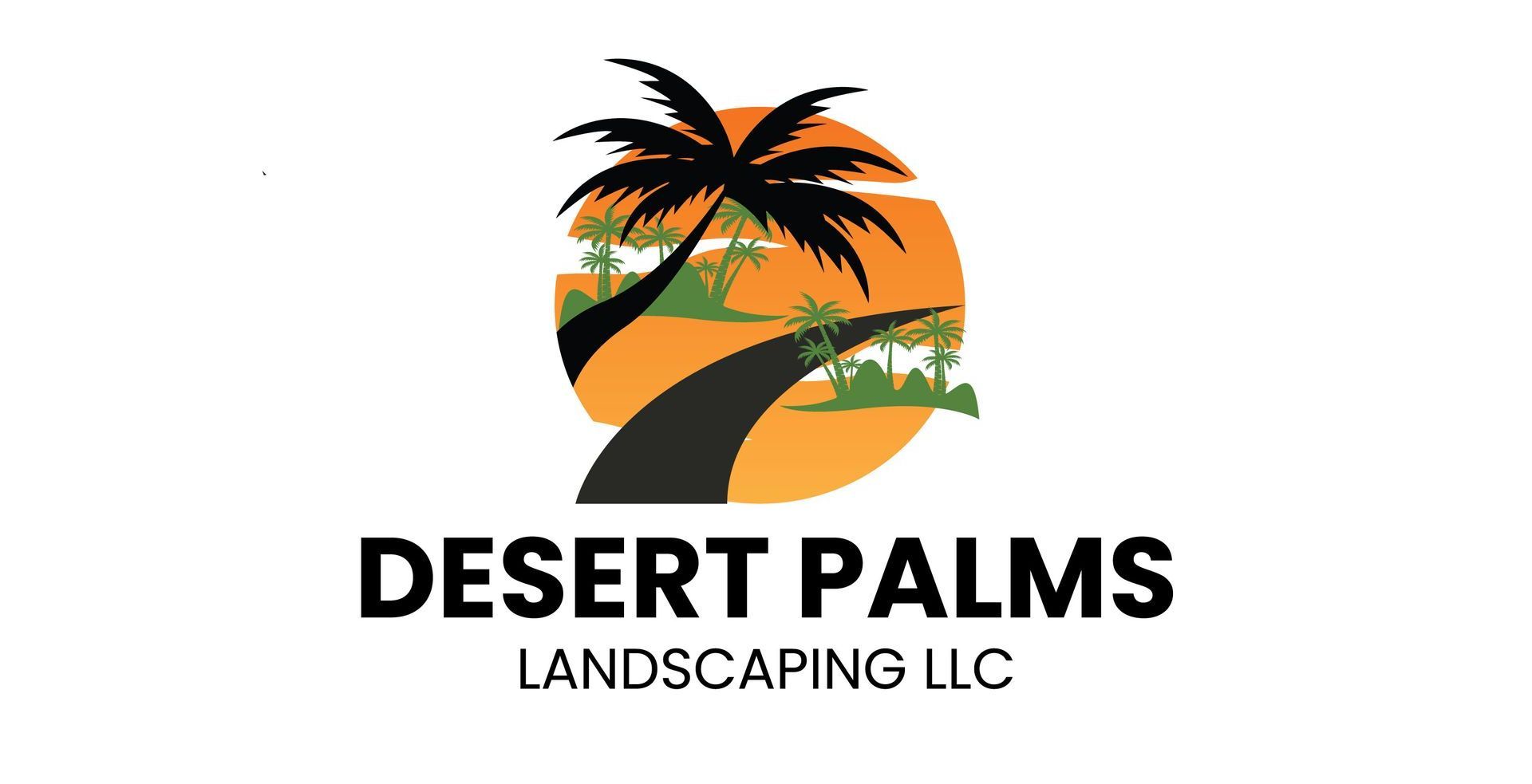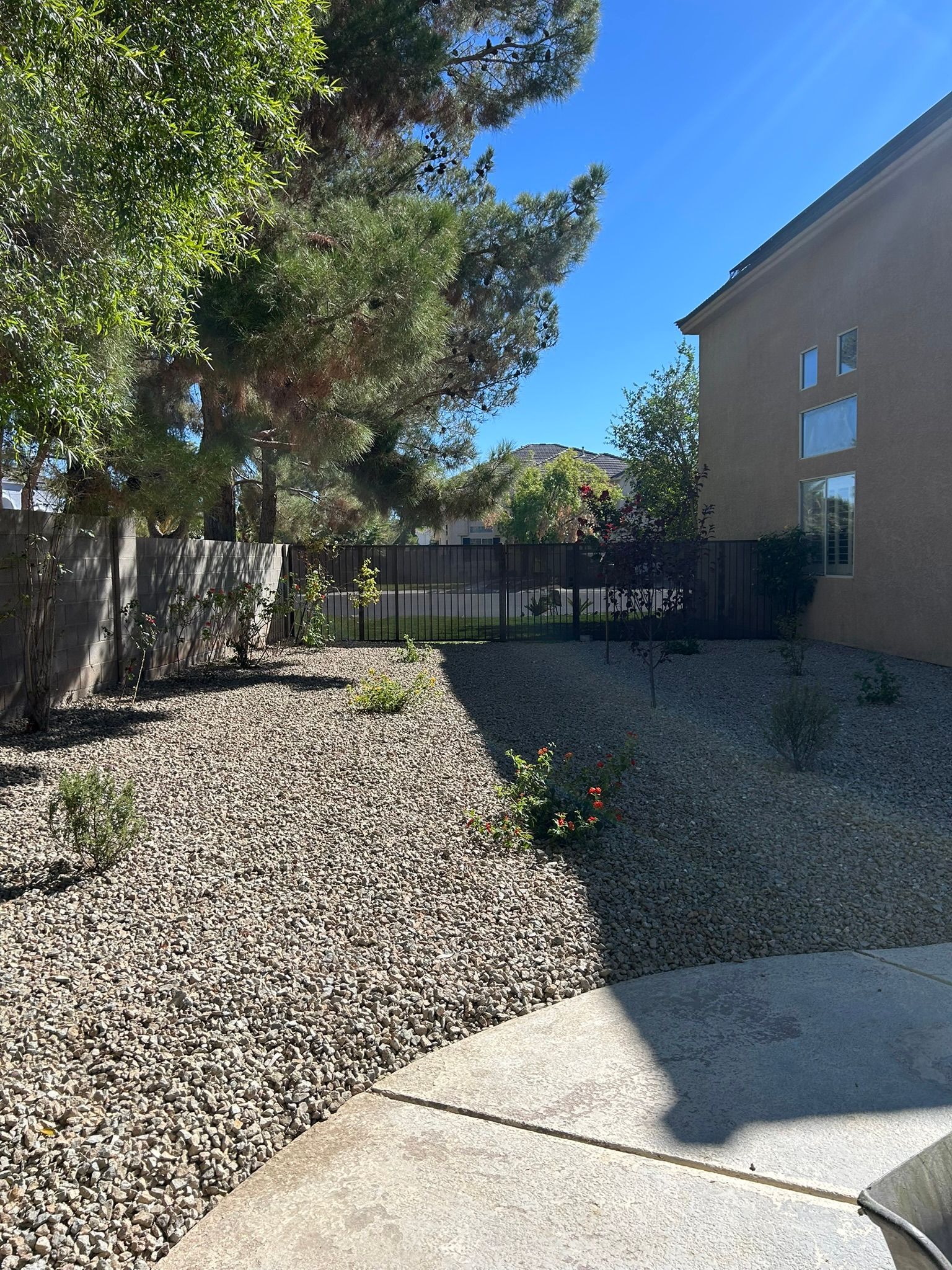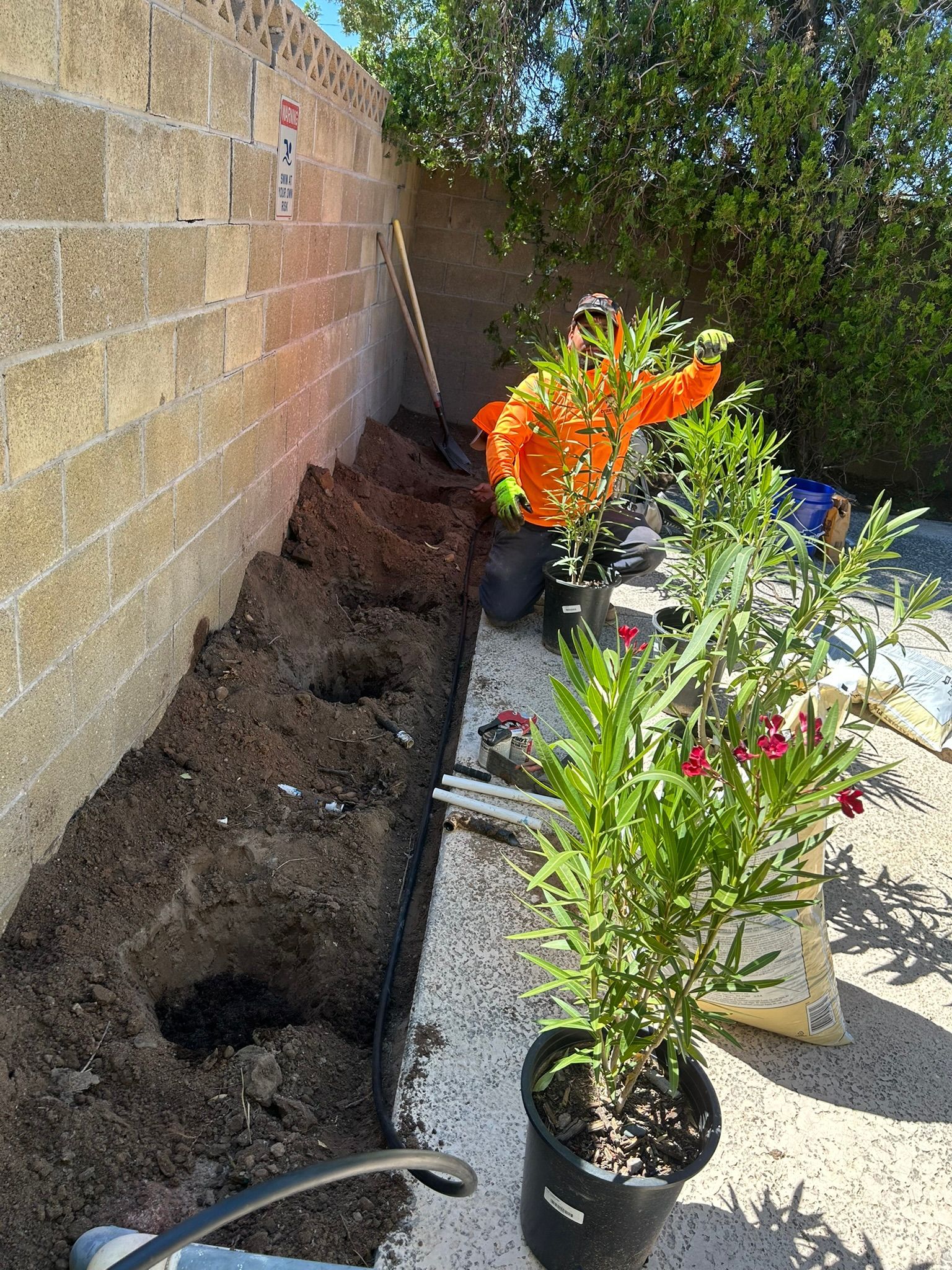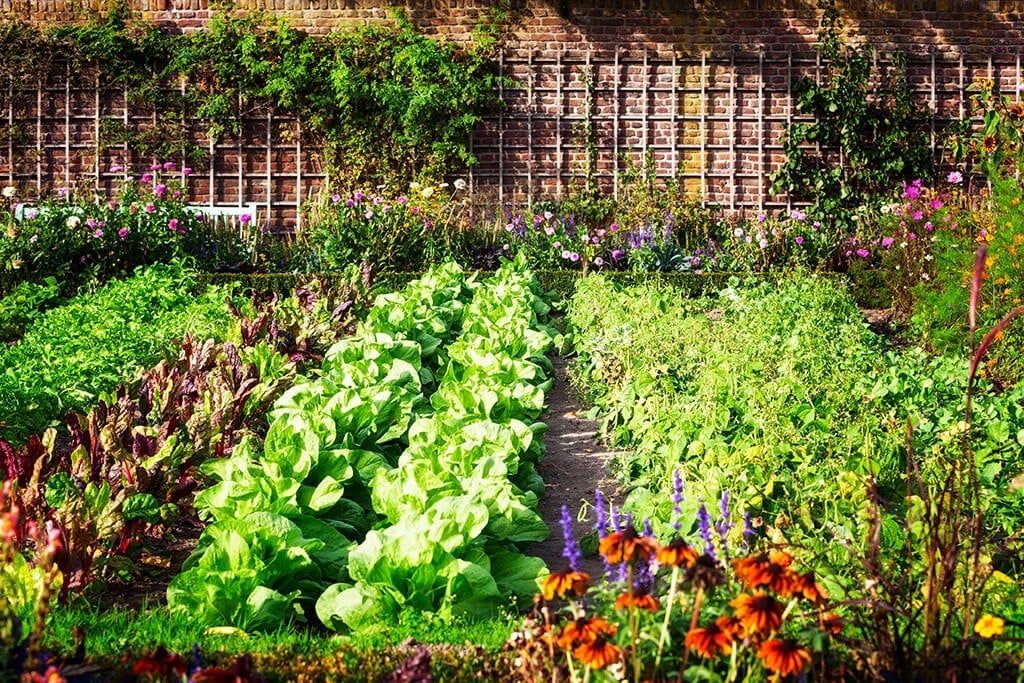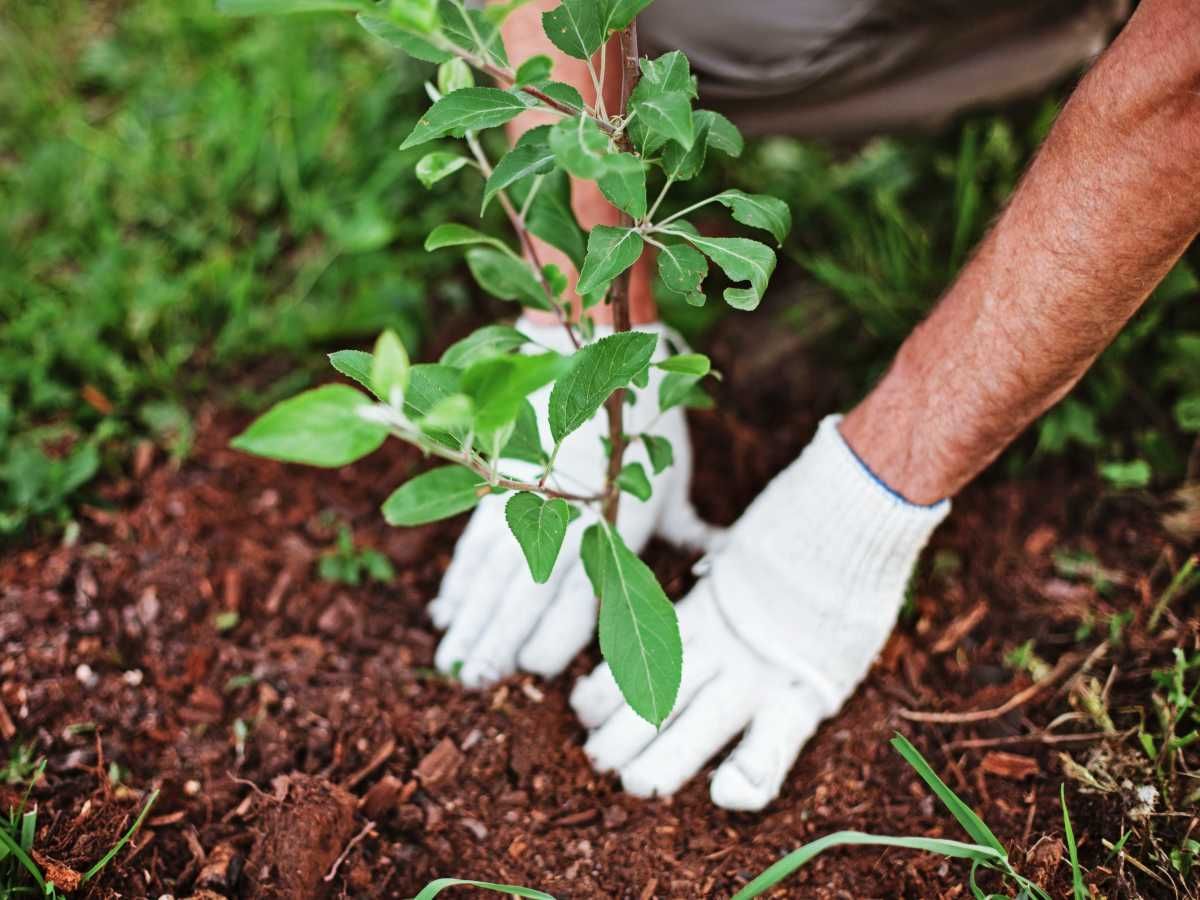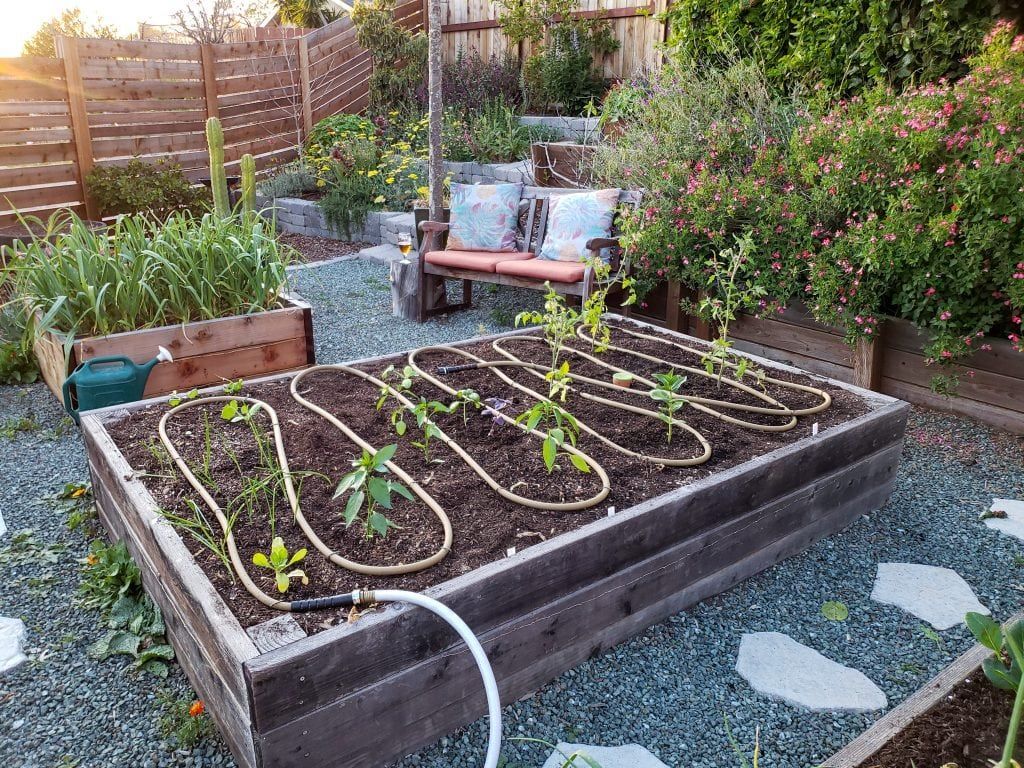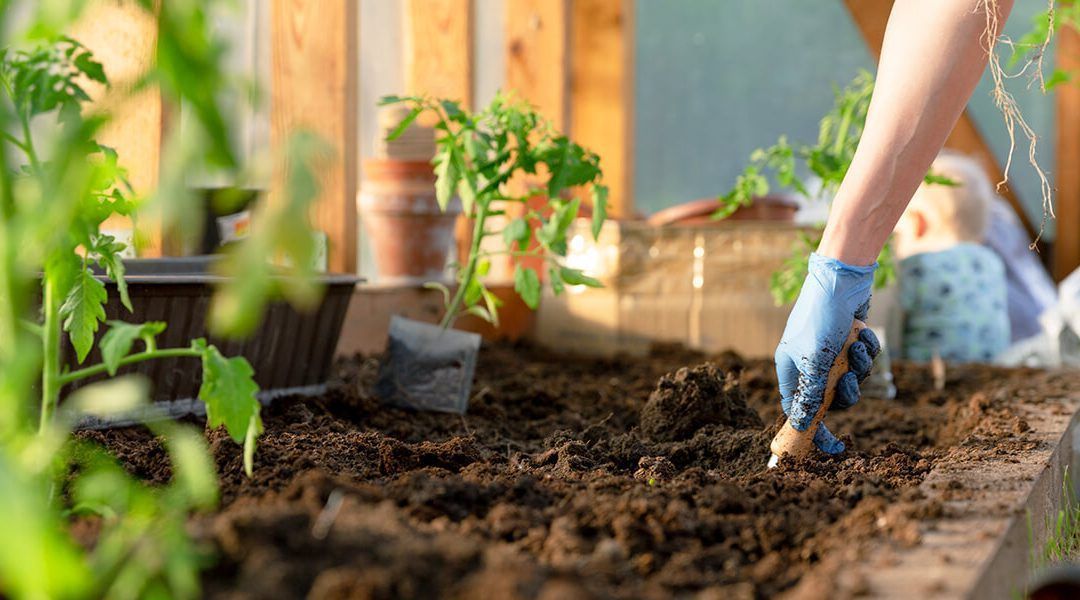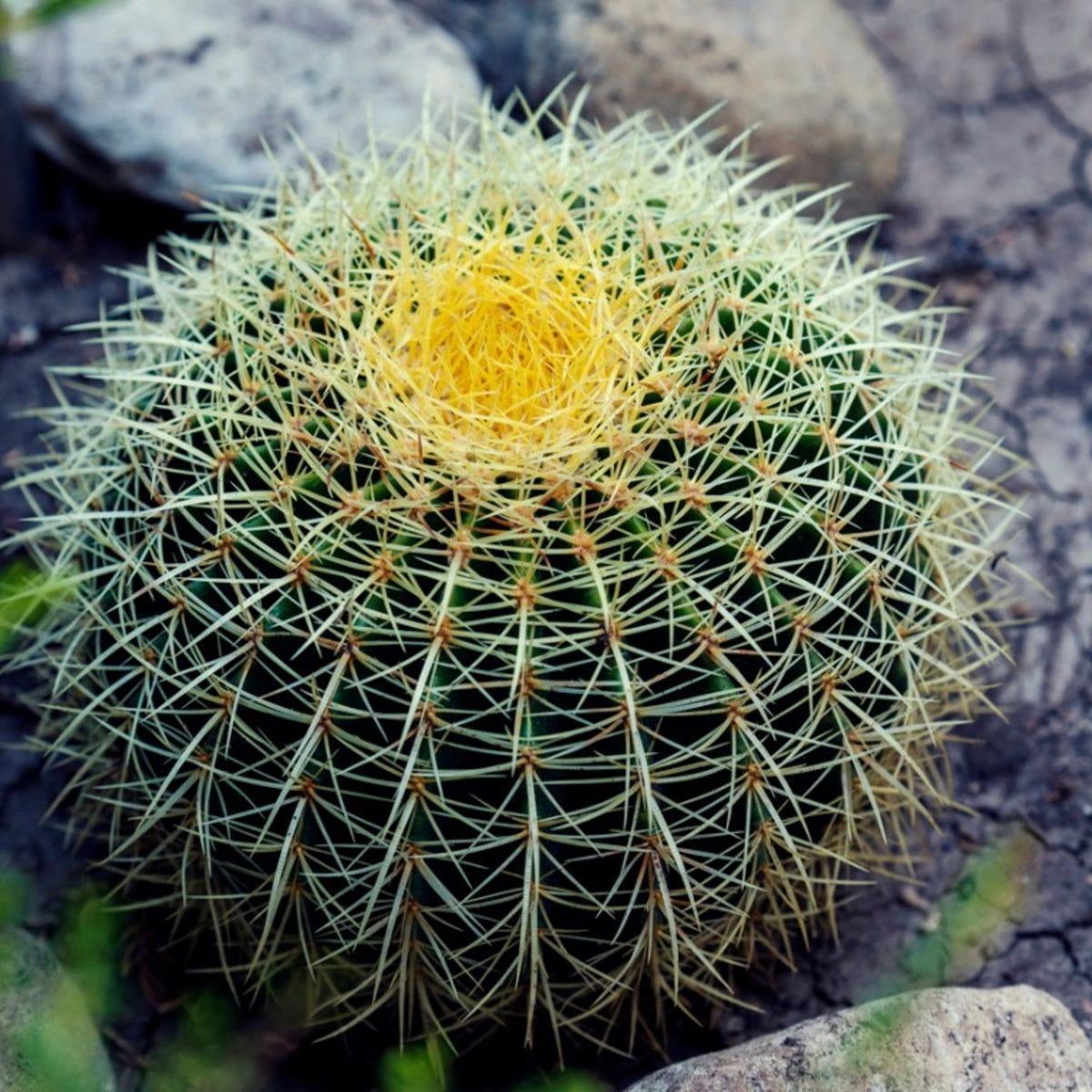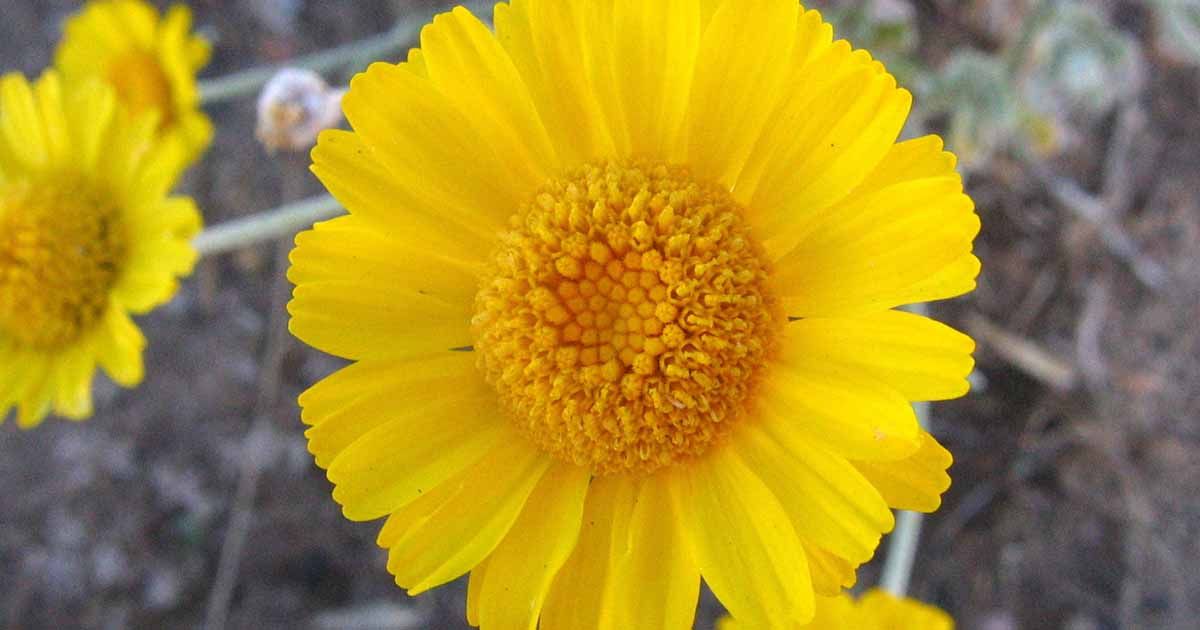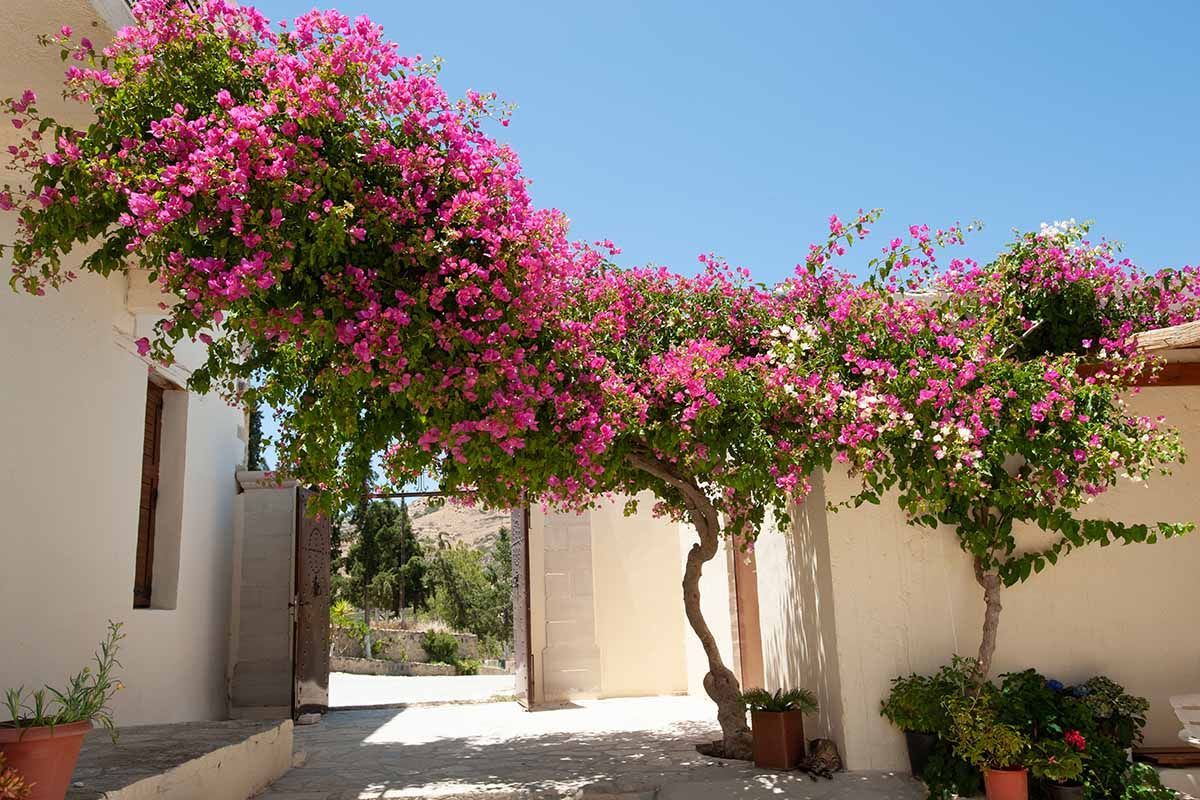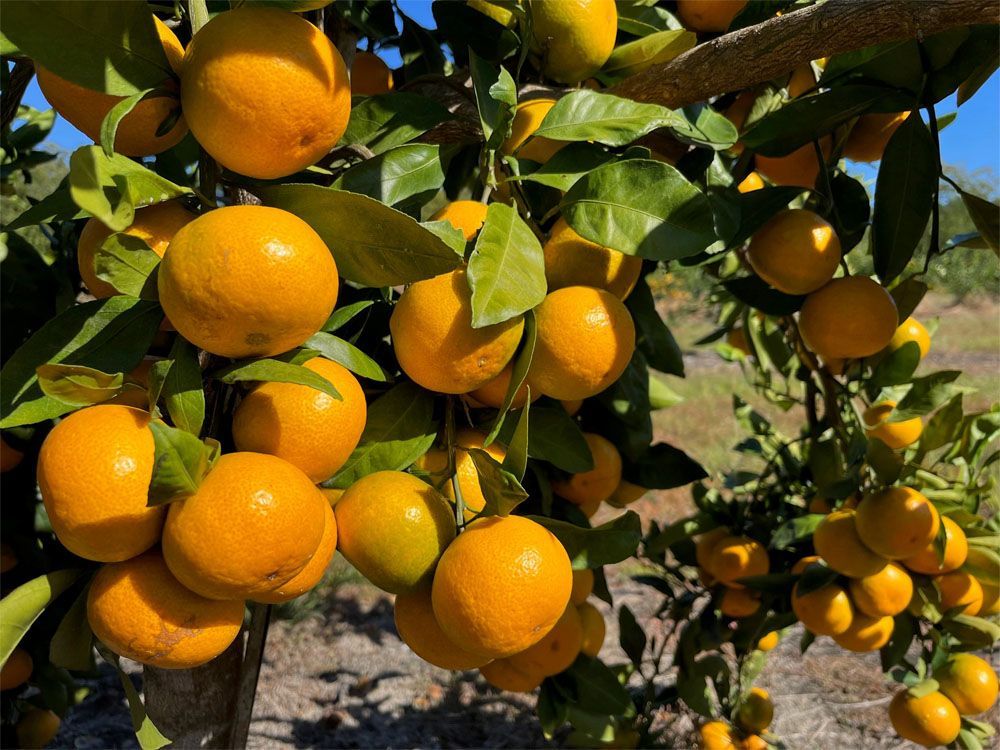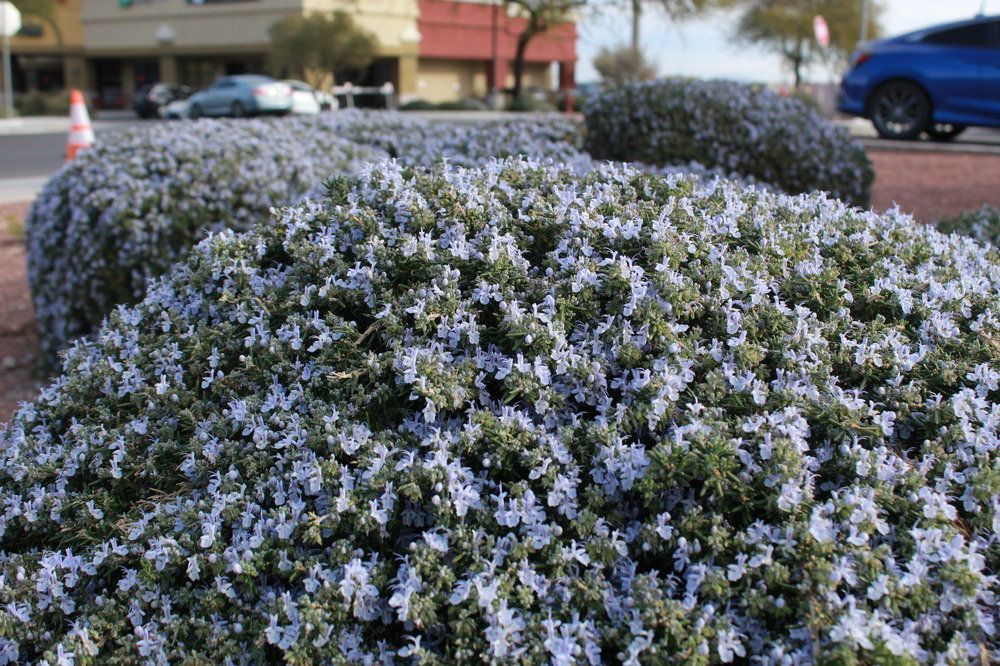Sands of Time
Planting & Gardening Services in Las Vegas
Looking for a reliable Landscaper in Las Vegas? Desert Palms Landscaping helps homeowners and businesses create thriving, beautiful gardens that flourish even in the desert heat. Our experienced gardeners specialize in planting, designing, and maintaining landscapes that transform outdoor spaces into vibrant, healthy environments.
Our Planting & Gardening Services
We offer comprehensive planting and gardening services designed to make your yard or commercial property look its best:
Popular Plants That Thrive in Las Vegas
Our gardeners know which plants flourish in the desert climate. Some of the most popular choices include:
How to Grow & Maintain a Garden in Vegas Heat
Creating a thriving garden in Las Vegas requires local expertise. Our gardeners recommend:
- Soil Prep: Enrich soil and use mulch to retain moisture and protect plant roots.
- Watering Tips: Water early in the morning or late in the evening; drip irrigation is ideal.
- Sun Protection: Use shade tolerant plants or protective screens for delicate flowers.
- Pruning & Fertilizing: Regular pruning prevents stress, and fertilizing promotes healthy growth.
- Pest & Disease Control: Monitor for desert specific pests and treat promptly.
With guidance from our professional gardeners, your yard can remain vibrant and beautiful year round.
Contact Us Today
Desert Palms Landscaping LLC proudly serves homeowners and businesses throughout Las Vegas.
Ready to transform your garden? Schedule a consultation with one of our expert gardeners today!
FAQs
Got a question? We’re here to help.
